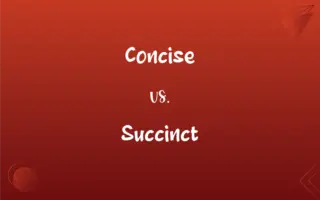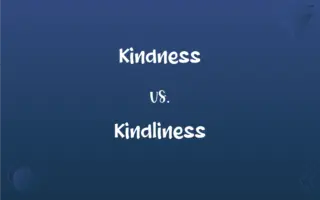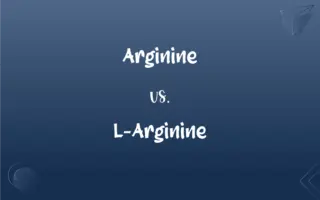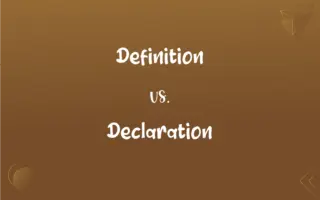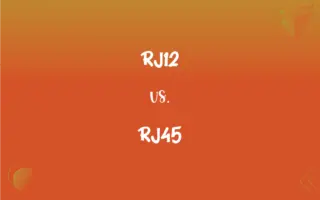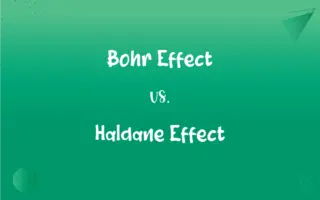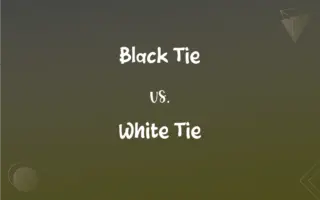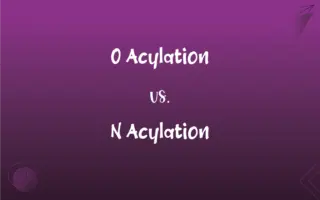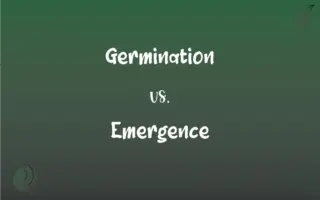Noncognate vs. Cognate: What's the Difference?
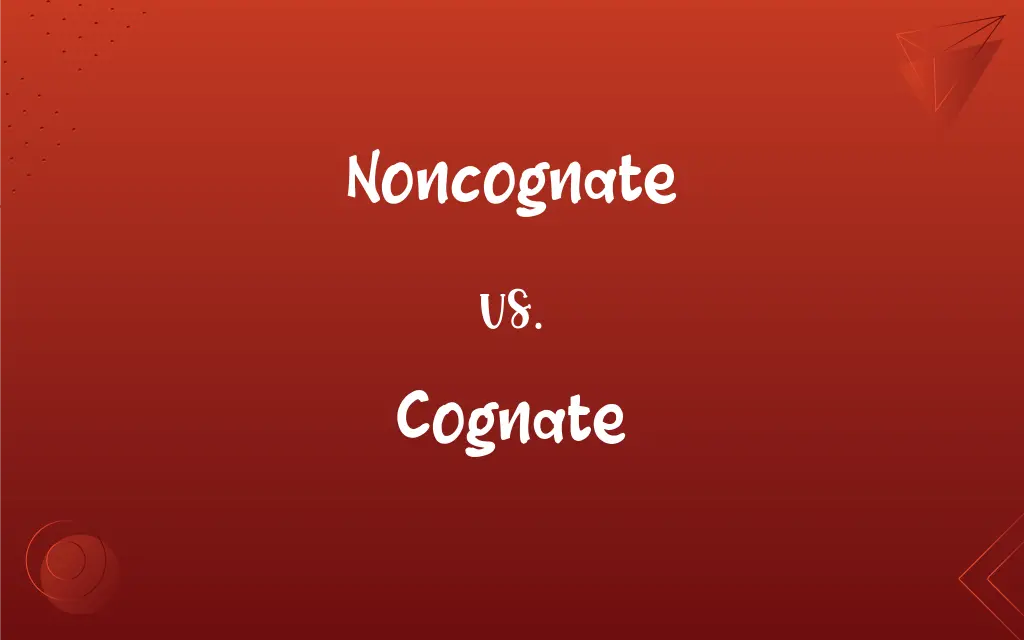
Noncognate and Cognate Definitions
Noncognate
Not cognate.
Cognate
Related by blood; having a common ancestor.
Noncognate
That which is not a cognate.
Cognate
Related in origin, as certain words in genetically related languages descended from the same ancestral root; for example, English name and Latin nōmen from Indo-European *n-men-.
Cognate
Related or analogous in nature, character, or function.
ADVERTISEMENT
Cognate
One related by blood or origin with another, especially a person sharing an ancestor with another.
Cognate
A word related to one in another language.
Cognate
A sequence of university courses taken as an adjunct to a graduate degree program
Earned an MA in linguistics with a cognate in computer science.
Cognate
Allied by blood; kindred by birth; specifically (legal) related on the mother's side.
Cognate
Of the same or a similar nature; of the same family; proceeding from the same stock or root.
ADVERTISEMENT
Cognate
(linguistics) Descended from the same source lexemes (same etymons) of an ancestor language.
Cognate
One of a number of things allied in origin or nature.
Cognate
One who is related to another on the female side.
Cognate
One who is related to another, both having descended from a common ancestor through legal marriages.
Cognate
(linguistics) A word either descended from the same base word of the same ancestor language as the given word, or strongly believed to be a regular reflex of the same reconstructed root of proto-language as the given word.
Cognate
Allied by blood; kindred by birth; specifically (Law), related on the mother's side.
Cognate
Of the same or a similar nature; of the same family; proceeding from the same stock or root; allied; kindred; as, a cognate language.
Cognate
One who is related to another on the female side.
Cognate
One of a number of things allied in origin or nature; as, certain letters are cognates.
Cognate
One related by blood or origin; especially on sharing an ancestor with another
Cognate
A word is cognate with another if both derive from the same word in an ancestral language
Cognate
Related in nature;
Connate qualities
Cognate
Having the same ancestral language;
Cognate languages
Cognate
Related by blood
